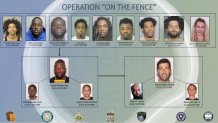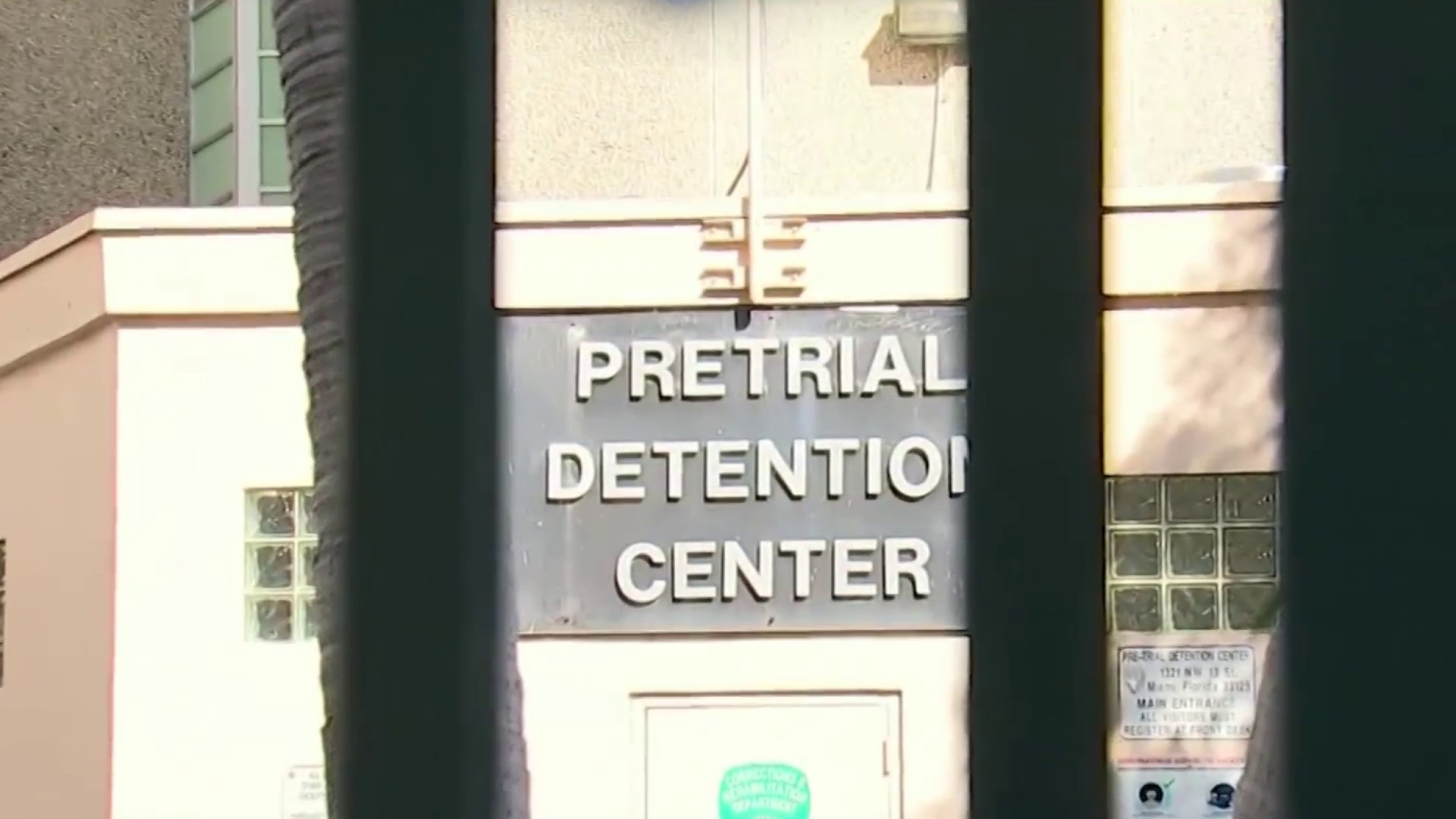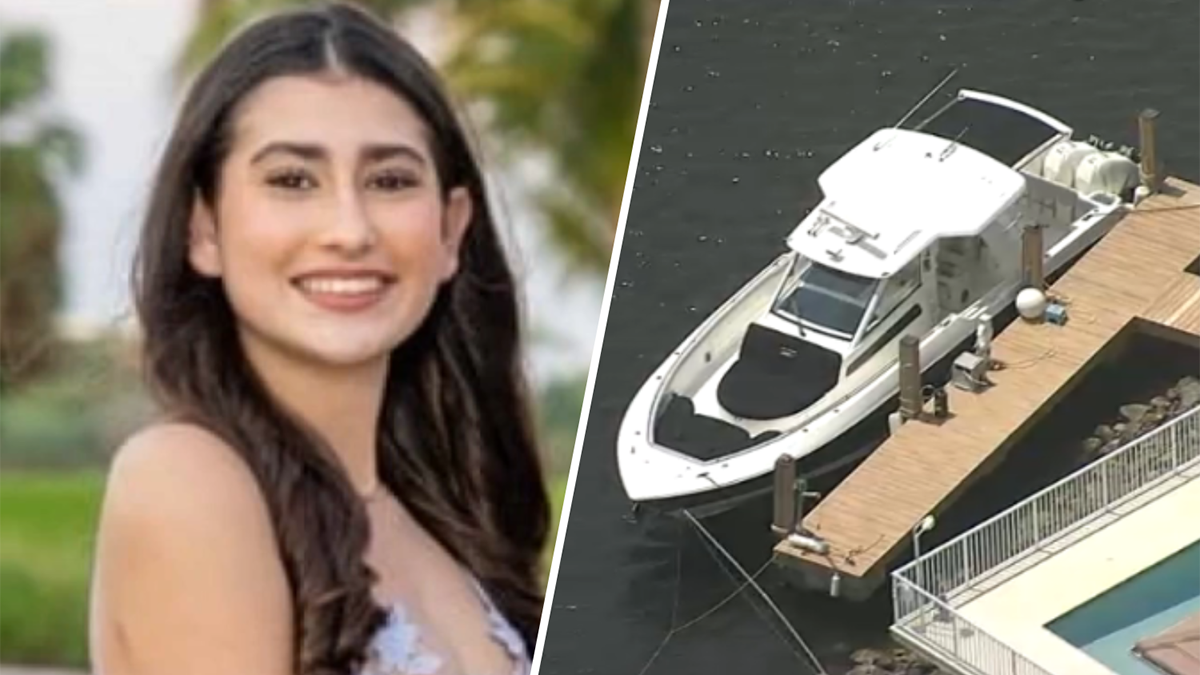More than a dozen suspects are facing charges in connection with a retail theft ring in Miami-Dade that has caused more than $20 million in losses this year alone, officials said.
The 14 suspects who targeted at least 20 different retailers are facing charges following "Operation On the Fence," Florida Attorney General Ashley Moody said at a news conference Monday.
Miami-Dade Police officials said the 9-month RICO investigation began in January and targeted "boosters," who steal retail items primarily to re-sell them.
RICO stands for "racketeer influenced and corrupt organizations" and these type of investigations seek to uncover a crime rather than gather evidence for a crime already committed.
Get South Florida local news, weather forecasts and entertainment stories to your inbox. Sign up for NBC South Florida newsletters.
This operation had been going on for several years, but in the nine-month period of the investigation, suspects stole an estimated $5 million worth of products, officials said.
According to authorities, roughly 50 people across Florida were involved in the operation.

Major Jorge Aguiar of the Miami-Dade Police Department told NBC6 Tuesday the suspects were "very brazen" in the way they stole the merchandise.
Local
"They were scanning and printing their own barcodes and putting them over the manufacturers' bar codes, they would access a copy of a store's master key, find a way to open the glass cases and empty out the medications into trash bags, load up shopping carts with items and would just walk out," Aguiar said.
He also said that one suspect even measured the trunk space of his two-seater car, found that three boxes with TVs fit and would target different retailers to steal the merchandise.
"It was a revolving door," Aguiar said. "Just like you would see at a crack house, where there are people coming in and out, in and out, he would steal three TVs, go to the house, unload them, and go to another retailer to take three more. Nothing compared to this operation. It was a nonstop business."
Video of the merchandise recovered showed DeWalt walkie-talkies, boxes of Reidel glassware, and countless boxes of facial creams and moisturizers, among other items.

"They took all types of over-the-counter medications, Claratin, computers, TVs, guitars, tools, pressure cleaners," Aguiar said. "They stole everything but the kitchen sink. Anything that was available and accessible to them, they took."
The thefts occurred throughout South Florida and the investigation involved multiple local and state law enforcement agencies, as well as Homeland Security Investigations.
Some of the retail victims include Walgreens, CVS, Walmart, Publix, Winn Dixie, Fresco Y Mas, Navarro, Home Depot, Lowes, Dick’s Sporting Goods, Target, Sam Ash, Best Buy, Harbor Freight, The Fiddle Shop, Guitar Center, Golf Galaxy, Macy’s, BJ's, Costco, and various pool supply stores.
Officials said many of the suspects have already been arrested, but three of the suspects are still at large.
"We have seized not only material from inside the homes, where they were stealing it after these items was stolen, but we seized pallets that were waiting to go and be sold online, we seized merchandise that was already with Amazon waiting to be sold that was stolen," Moody said in the news conference Monday.
Aguiar told NBC6 that e-commerce sites like Amazon do not any way of physically monitoring if the items listed to be sold are stolen, but the site clearly states that the sale of stolen property is illegal and strictly prohibited and if any items for sale are suspected of being stolen, users should contact customer service.
And according to CNBC, in 2021, Amazon said it spent more than $900 million and employed more than 12,000 people to prevent fraud and abuse. The company added that it where there is concern of how products were obtained, it requests “proofs of sourcing” and works with authorities to weed out illegal activity.
On Monday, experts said criminal enterprises like this cause a ripple effect for retailers — when theft goes up, so do prices.
"Every time they lose significant funds, they have to look at their pricing and raise it," said Rodey Davis of the Better Business Bureau of Southeast Florida.
According to the National Retail Federation, many companies say they’ve had to make major adjustments due to an increase in organized retail crime. The group released a survey this year stating theft has caused 28% of retailers to close a specific location. Forty-five percent have had to reduce store hours, and 30% have had to reduce or change in-store product due to crime.



